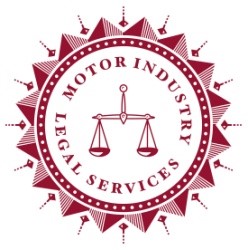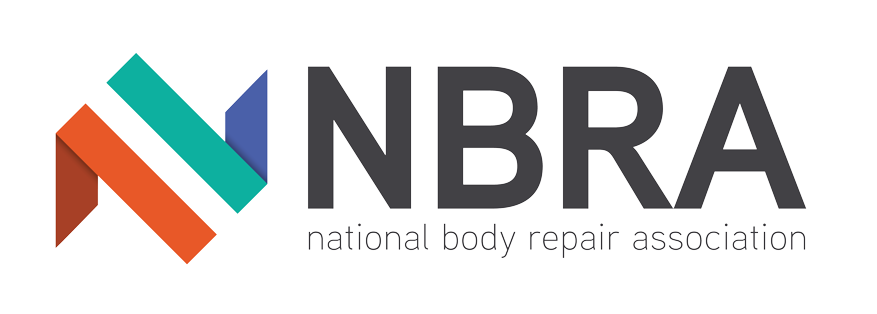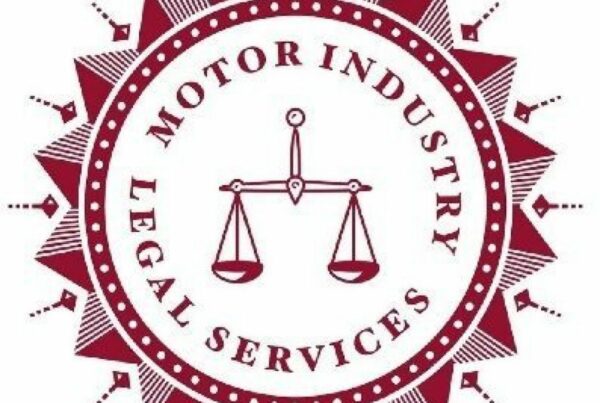
What are the requirements for employers following the scrapping of self-isolation rules in England?
The government has set out its plans on ‘Living with Covid-19’ including the removal of the legal requirement for individuals to self-isolate if they test positive for Covid-19 from 24 February 2022 and the removal of free PCR and lateral flow testing (subject to some limited exceptions) from 1 April 2022. Under these plans the government has also indicated that that the statutory sick pay regulations will be amended to remove the Covid-19 provisions from 24 March 2022 so that there will be a return to normal SSP rules which means that employers will revert to paying SSP from the fourth qualifying day that their employee is off work, regardless of the reason for their sickness absence.
What will the impact of these changes be on employers?
It will no longer be criminal offence for an employee to attend the workplace whilst positive with Covid-19. Furthermore, the likelihood of employees testing before attending work will reduce substantially once the provision of free testing kits ends. It is also likely that there will be a wider societal shift around attitudes to Covid-19 with individuals likely to view it in a similar way as flu or the common cold. The lack of legal rules and changing societal views is likely to result in employees attending work whilst either positive for Covid-19 or showing symptoms. It is possible that only employees with serious/debilitating Covid-19 symptoms will take time off work in the same way as flu.
This clearly raises difficult issues for employers. Many employers are seeing more employees return to the office and may want to avoid employees refusing to attend the office because they feel it is unsafe, particularly following the change to self-isolation rules.
Employers need to strike a balance between living with Covid-19 whilst at the same time ensuring the safety of employees.
In light of recent developments what steps should employers consider?
Employers should continue to follow the government’s working safely guidance:-
https://www.gov.uk/guidance/working-safely-during-covid-19/offices-factories-and-labs
as this will help reduce the risk of claims in respect of automatic unfair dismissal for health and safety where an employee asserts they have left work in the face of serious and imminent danger.
The end of the legal obligation to self-isolate does not prevent employers from having their own more restrictive rules on workplace attendance if they choose to do so. For example, an employer could stipulate that employees who test positive for Covid-19 or are displaying Covid-19 symptoms are required to work from home for a specified period of time (if it is practical for the employee to carry out their duties from home) or alternatively require that these employees wear face-coverings in the workplace.
Employer may also consider taking the following steps:-
- purchasing some home-testing kits for employees who are displaying Covid-19 symptoms and wish to take a test
- continue to encourage employees to be vaccinated; and
- keep in place rules on face-coverings, hand washing and other safety measures, which do not harm but might further reassure employees that the workplace is safe.
If the government says it is lawful to attend the workplace with Covid-19 or with symptoms then it becomes difficult for an employee to argue that it is wrong for their employer to allow it. If an employer decides to prevent an employee from attending work who has Covid-19 symptoms or tests positive then the employer would be required to pay the employee full pay if that employee is ready, able and willing to work.
Conclusion
In summary , the government decision to scrap all rules on Covid-19 does not mean that Covid-19 has disappeared forever. It is sensible for employers to remain cautious, have a clear policy in place and to be prepared to be adaptable to further change. There is no doubt that the guidelines, rules and public opinion will continue to move at a pace.
Note: Government rules around Covid-19 in Wales and Scotland are currently different to England. At the moment the Welsh government is standing firm on Covid self-isolation rules and Scottish government continues to advise those who have tested positive to self-isolate and has said that it will publish a detailed transition plan in March 2022.
As always, this advice is general in nature and will need to be tailored to any one particular situation. As an RMI member you have access to the RMI Legal advice line, as well as a number of industry experts for your assistance. Should you find yourself in the situation above, contact us at any stage for advice and assistance as appropriate.
Motor Industry Legal Services
Motor Industry Legal Services (MILS Solicitors) provides fully comprehensive legal advice and representation to UK motor retailers for one annual fee. It is the only law firm in the UK which specialises in motor law and motor trade law. MILS currently advises over 1,000 individual businesses within the sector as well as the Retail Motor Industry Federation (RMI) and its members.




